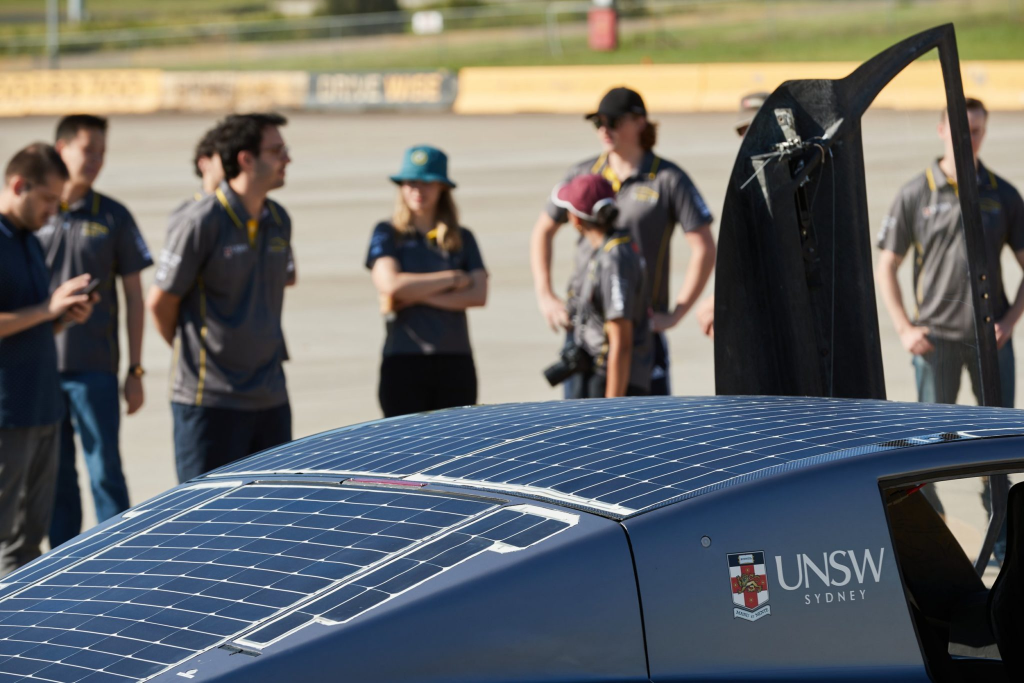The University of New South Wales Sunswift 7 solar-powered electric car set a provisional Guinness World Record by traveling 1000 kilometers on a single charge in less than 12 hours.
The automobile, designed and built by engineers at UNSW, completed the distance in 11 hours and 53.32 minutes at the Australian Automotive Research Centre (AARC) in Wensleydale, Victoria. This amounts to an average speed of over 85 km/h, and it unofficially established the Sunswift Racing team as the “Fastest EV across 1000 miles on a single charge.”
Once timing data and automobile telemetry data have been analyzed and approved by a team of experts, the official title and Guinness World Record certificate will be conferred to the team.

The Sunswift Racing team is led by Richard Hopkins, who previously held the position of head of operations at Red Bull and has huge plans for the Sunswift project at UNSW. The Sunswift project, which aims to translate research into commercial applications, now has several partnerships and sub-projects.
According to Hopkins, this world record demonstrates what can be accomplished, even though with a significant weight advantage over legal road automobiles, which require amenities such as airbags and air conditioning – components that the Sunswift 7 car, designed for racing, does not have.

The Sunswift 7 car weighs under 500 kg, around one-quarter of a Tesla’s weight. Moreover, it has excellent efficiency thanks to its aerodynamic design, motors, and drive chain.
“During this record, the energy consumption was just 3.8 kWh/100km, whereas even the most efficient EVs on the road today only achieve a rating of 15kWh/100km and the average is around 20kWh/100km,” Hopkins said.

“Sunswift 7 is not a production car of the future as we have compromised on comfort, and the cost is prohibitive. But we have shown that it is possible to make cars more efficient, sustainable, and environmentally friendly.”
The Sunswift 7 will take part in the Bridgestone World Solar Challenge in 2023.


